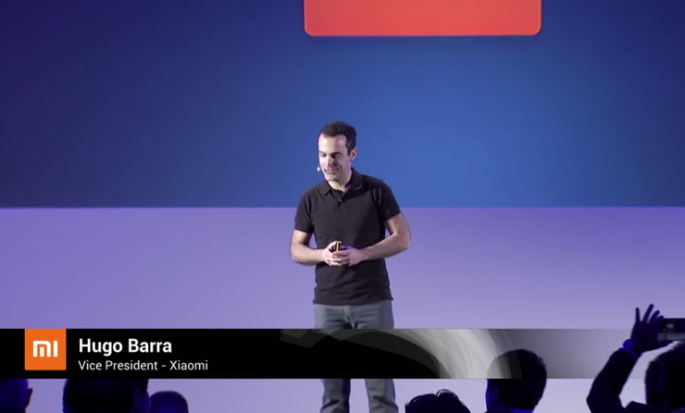Xiaomi plans to manufacture its own chipset for its RedMi series of smartphones by the second half of 2016. With this in-house production, Xiaomi, the leading Chinese smartphone manufacturer, will get in line along with Apple, Samsung and Huawei in developing their own chips.
According to Reuters, Xiaomi Inc. is aiming to use smartphone processor chipsets that are self-designed and developed. In the second half of the year, the chipset will be incorporated to some of their low-priced handsets. This would be a great leap for this smartphone manufacturer but could disrupt the global chip industry and put on a lot of pressure on chip manufacturing giants like Qualcomm Inc. and MediaTek Inc.
The in-house production of chips was a result of China's attempt to invest large amounts into home-grown chip manufacturers. China intends to end its reliance on foreign semiconductor manufacturers, and just mass produce its own chipsets as soon as possible.
The company has hired around 200-300 employees to work on smart phone chip design in major cities like Shanghai, Nanjing and Beijing, said sources from Reuters. But the number of chips that would be produced this year is still unclear.
Xiaomi is also said to be copying model of designing processors from Apple, Samsung Electronics and Huawei Technologies. But when questions were raised about the model to be developed, Beijing based Xiaomi refused to comment on it. This has left the Xiaomi users and its competitors wondering about the chipset that is to hit the market by the end of this year.
As reported by International Data Corporation (IDC), Xiaomi topped the list of the smart phone manufacturers in China for the year 2015, but the in-house production will affect the manufacturer's shipment this year. Sources from MediaTek quoted as saying that the in-house production of chips will cost more for the company, eventually leading them to raise the price of their products.
Meanwhile, Xiaomi is planning to officially hit western market by the end of 2017, Xiaomi's Globar vice president Hugo Barra said in an interview. He even commented, "I think we have to be in the western markets by the end of next year.... It's not something we can wait longer."
Watch Xiaomi launch during MWC 2016 held at Barcelona, Spain:



























